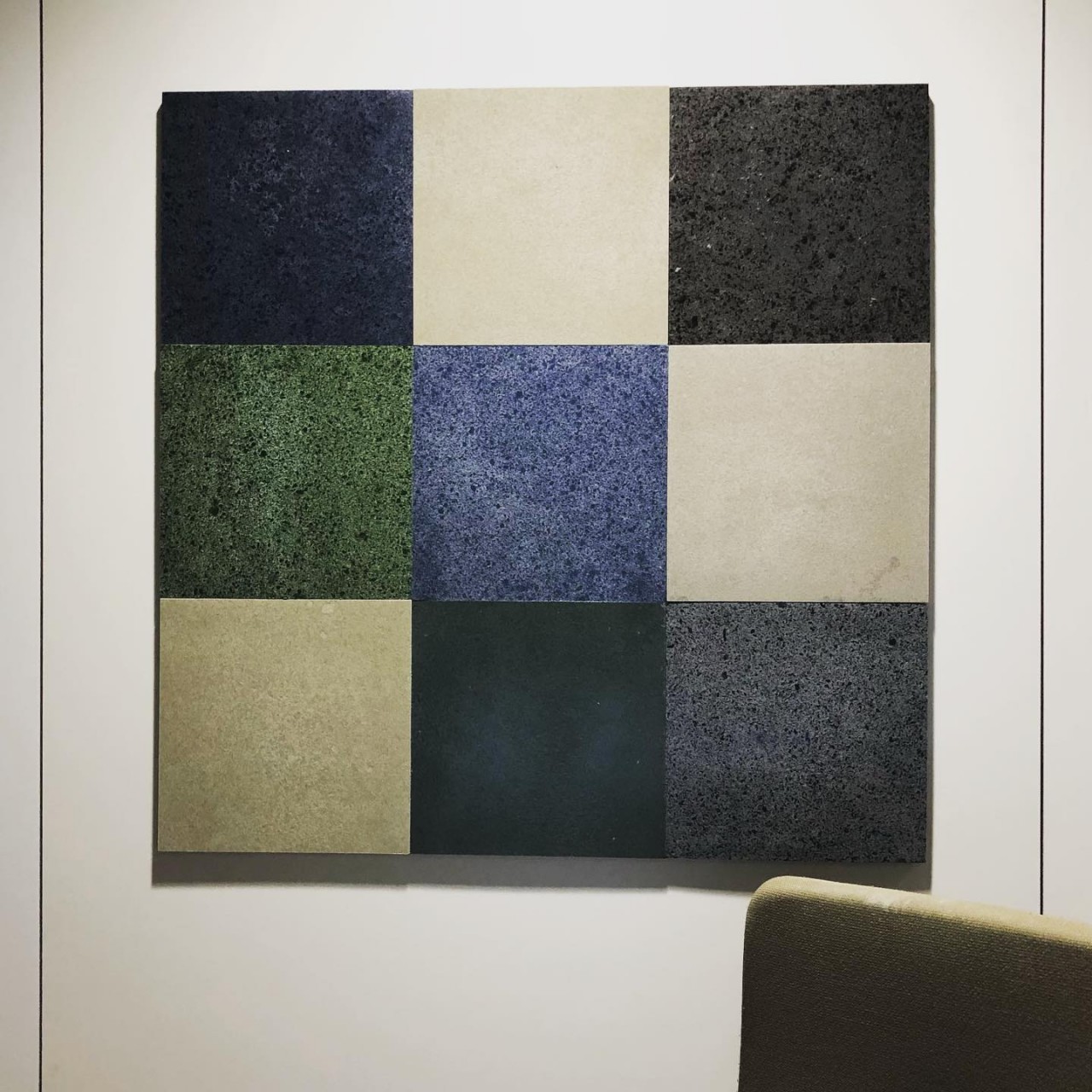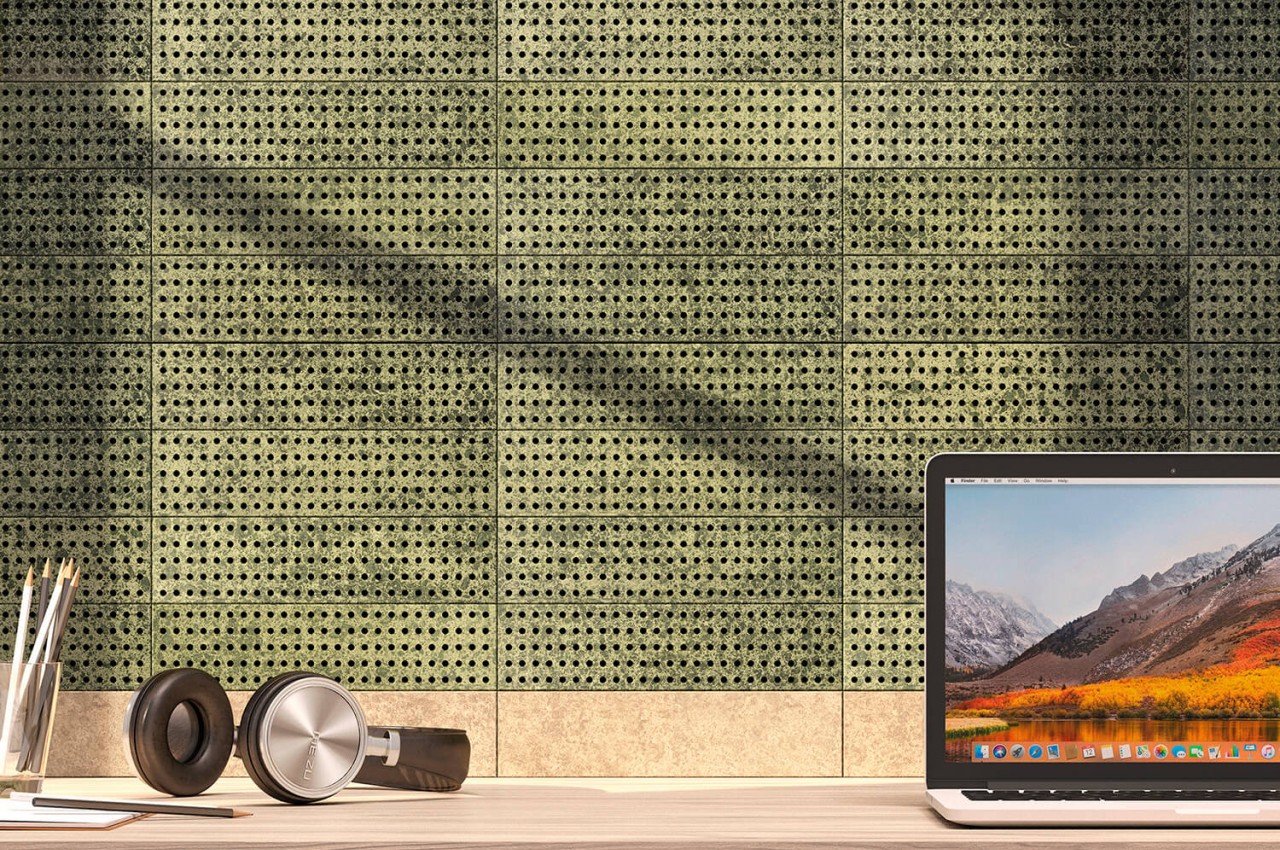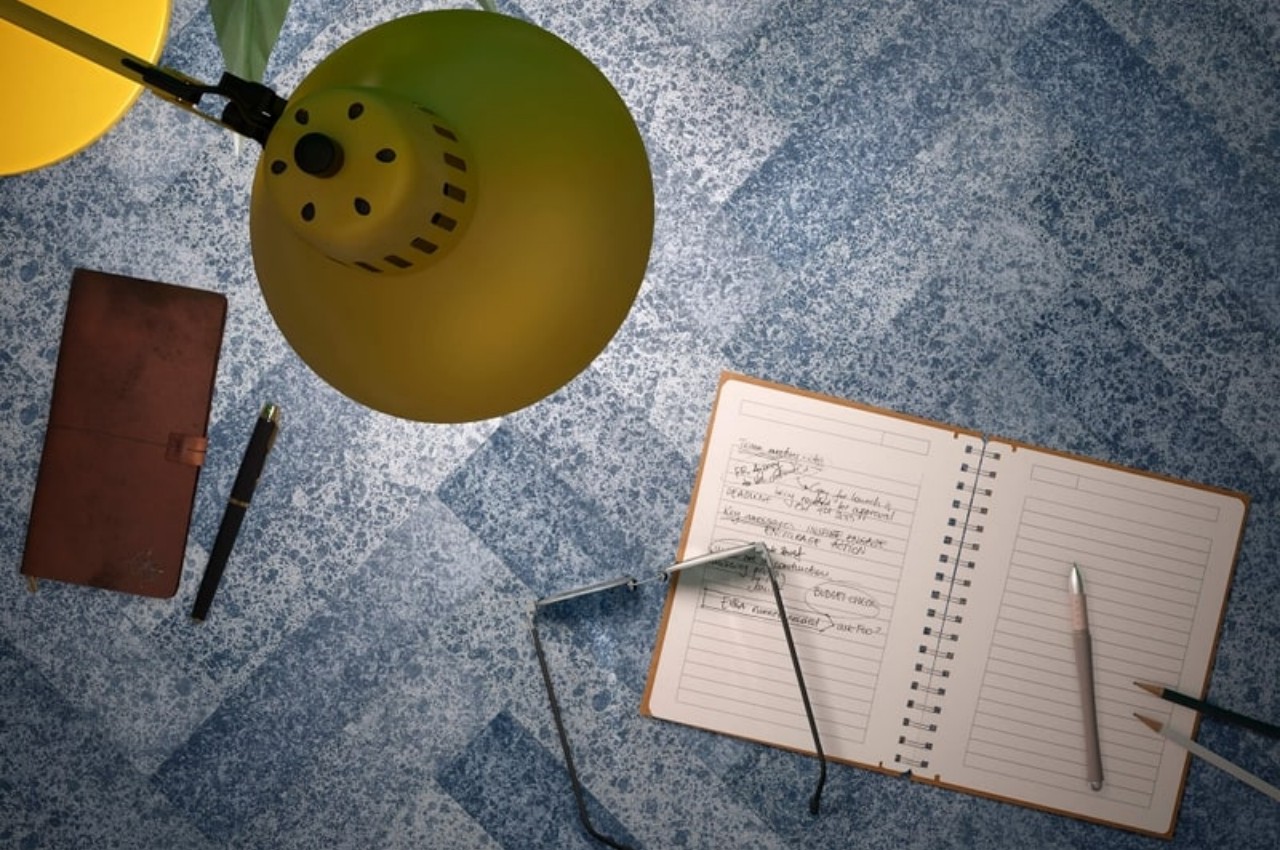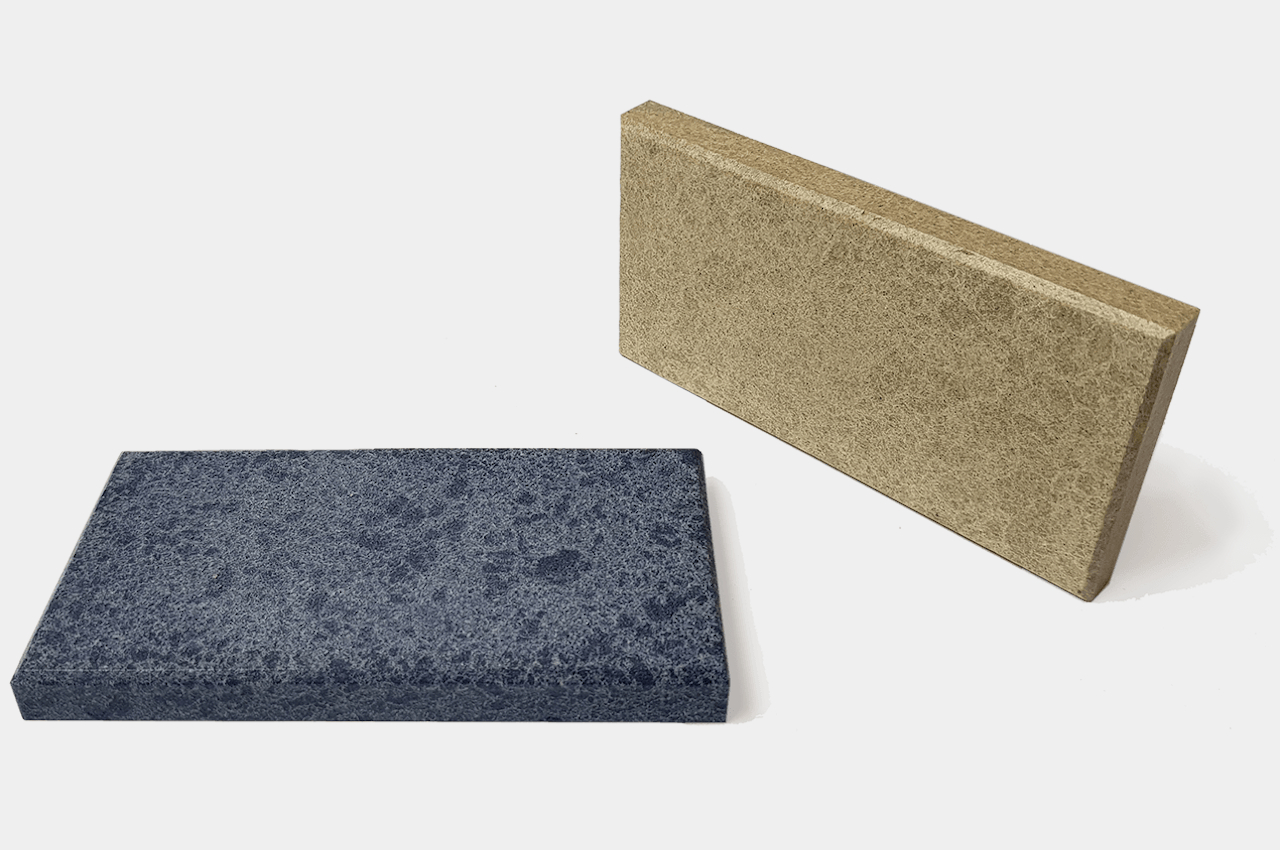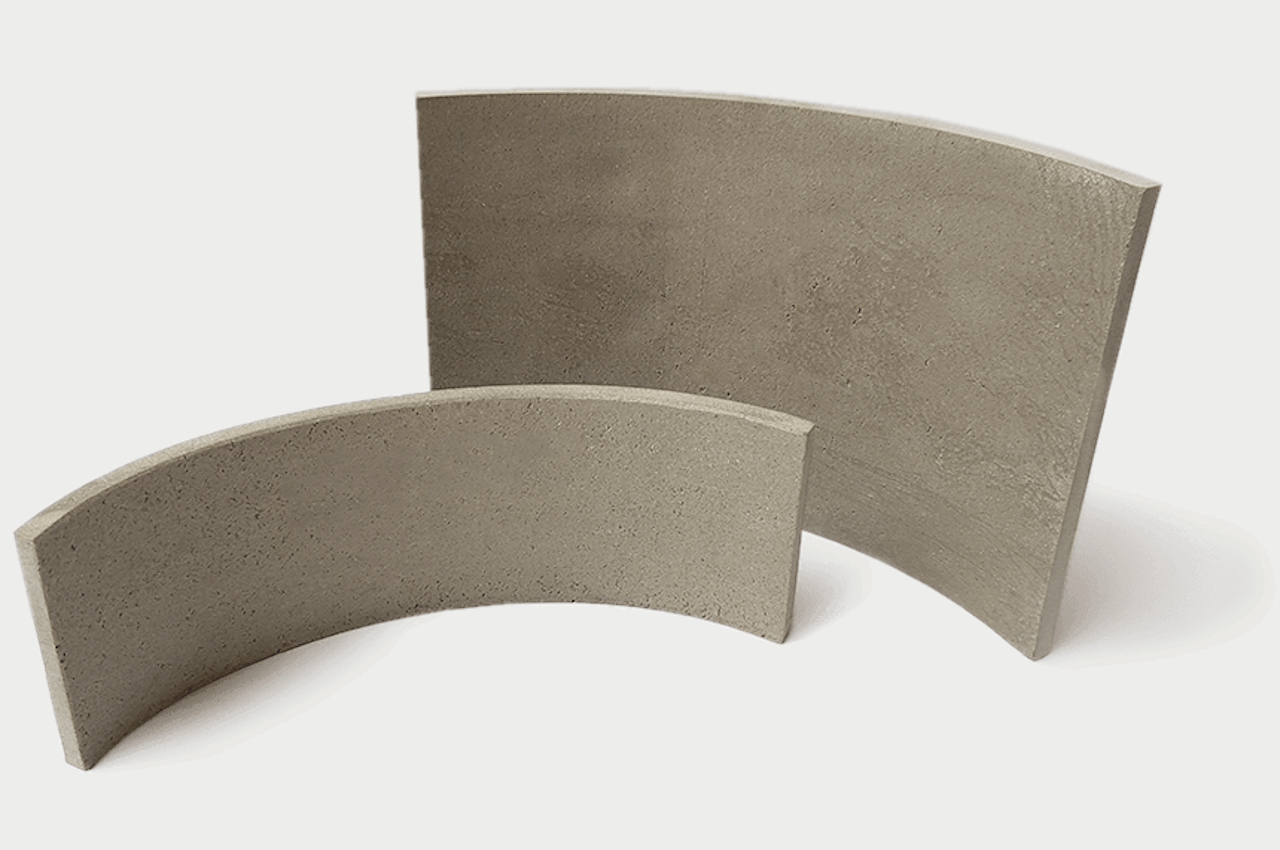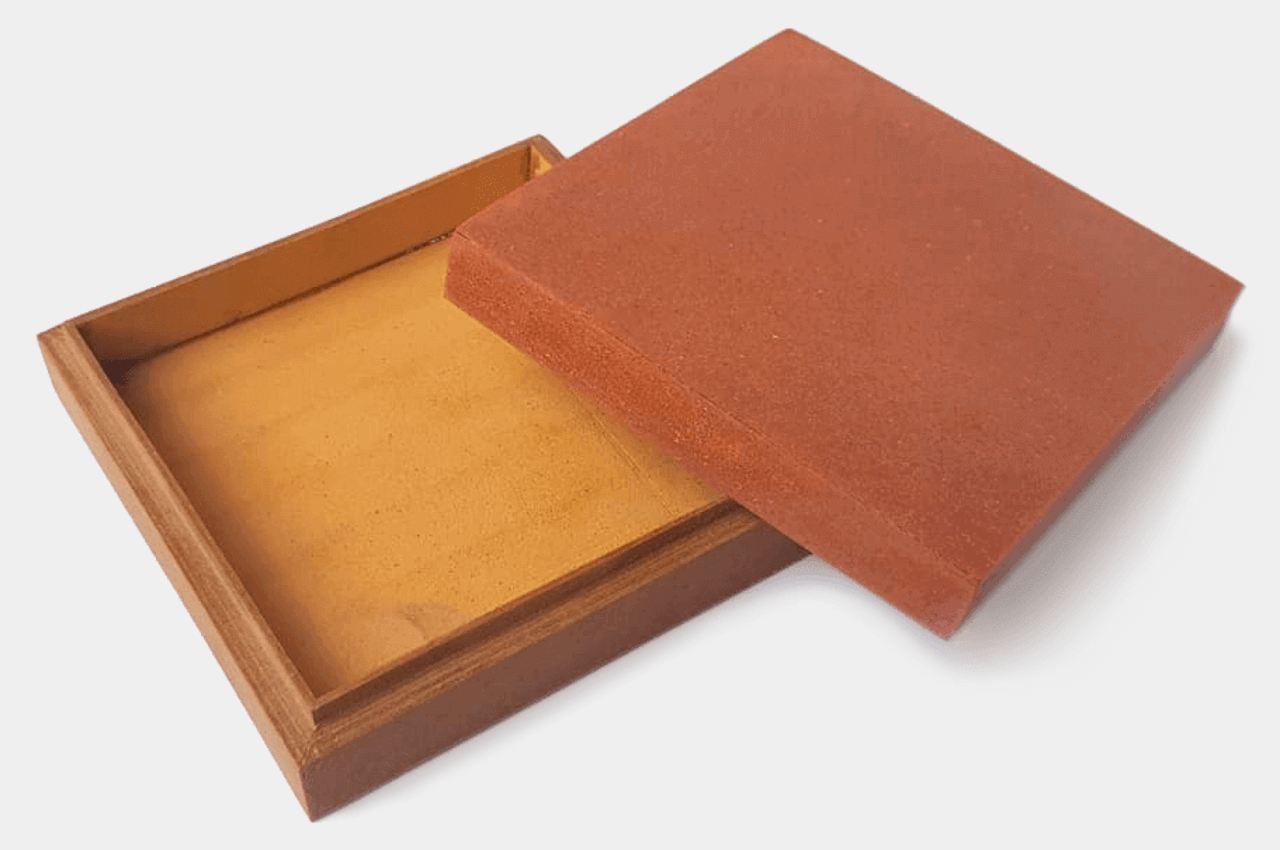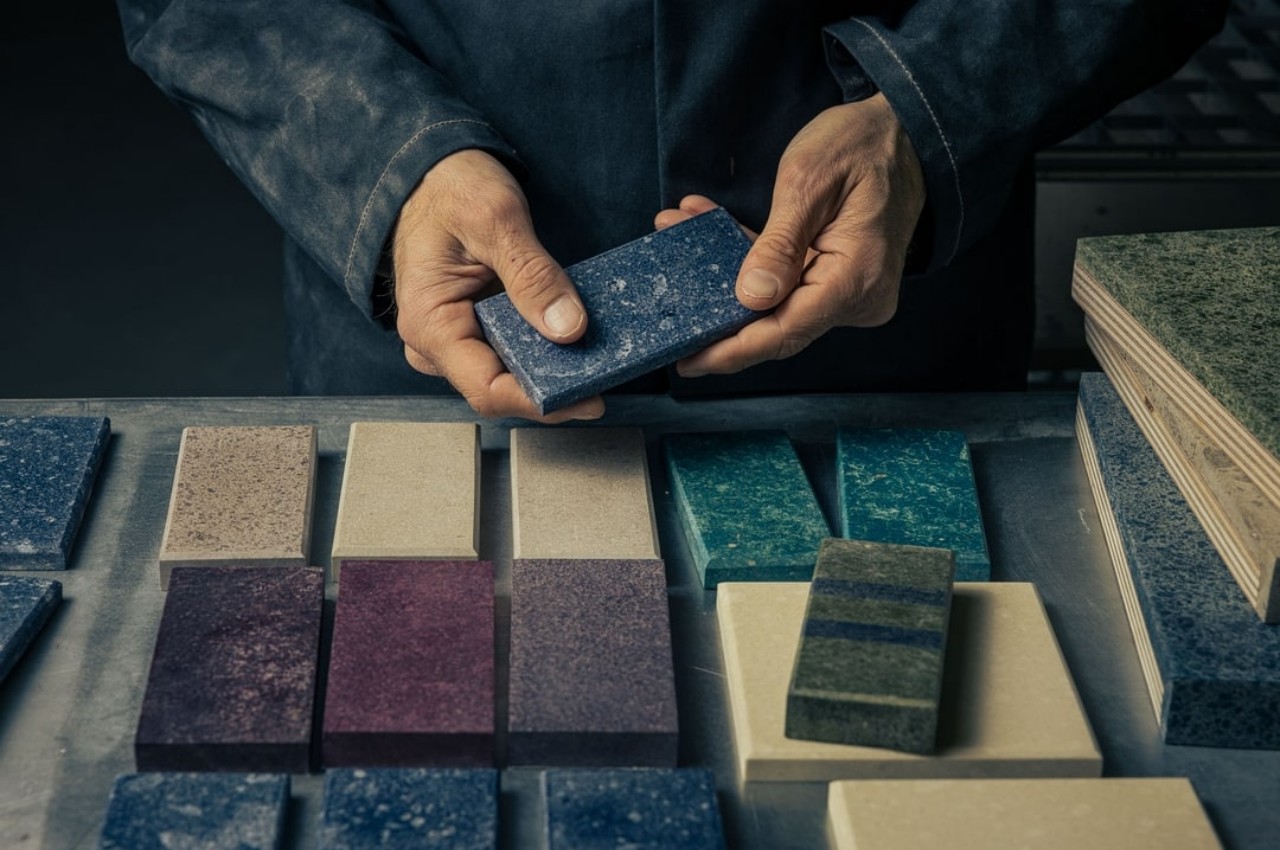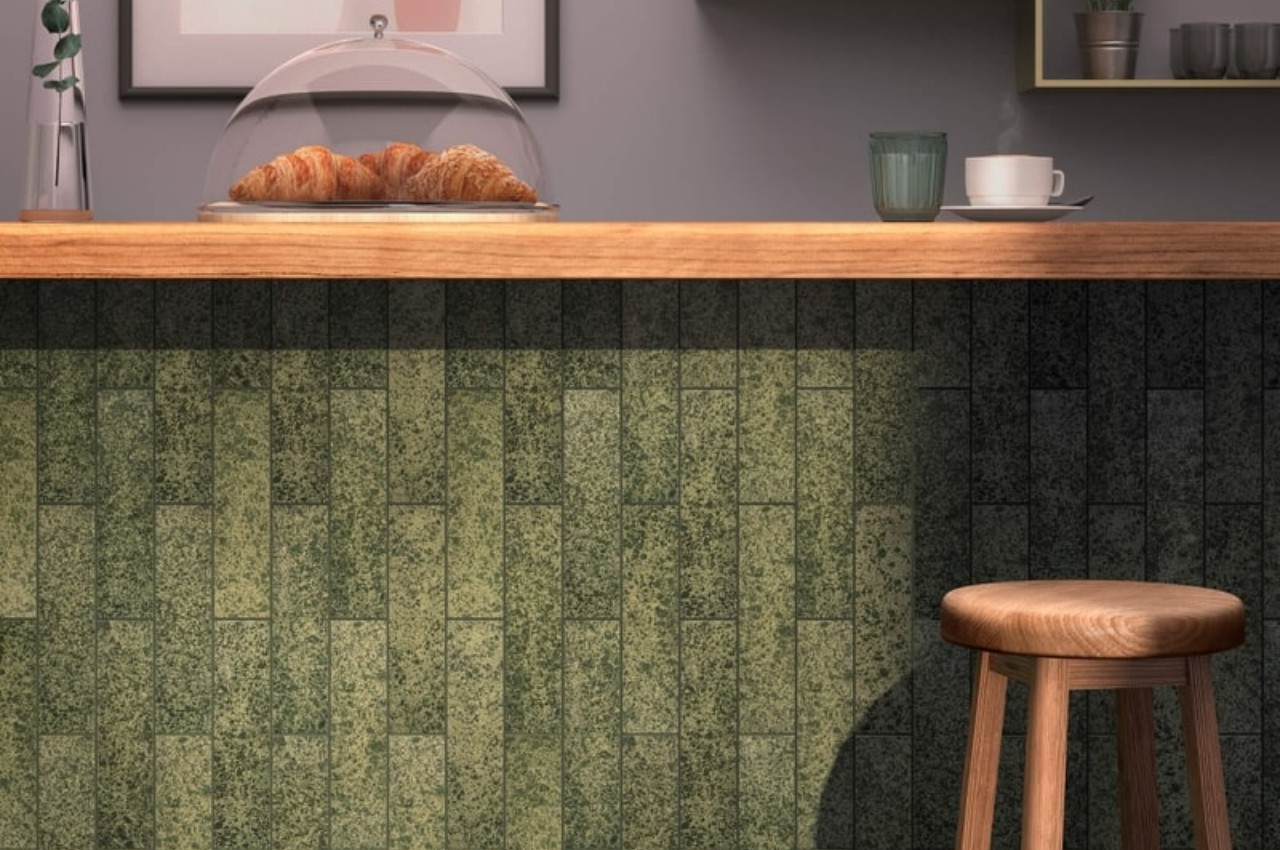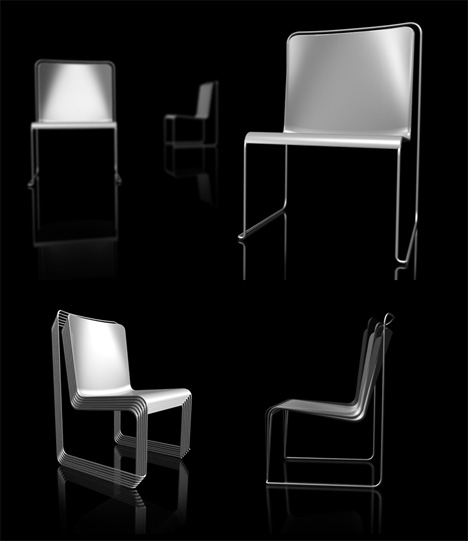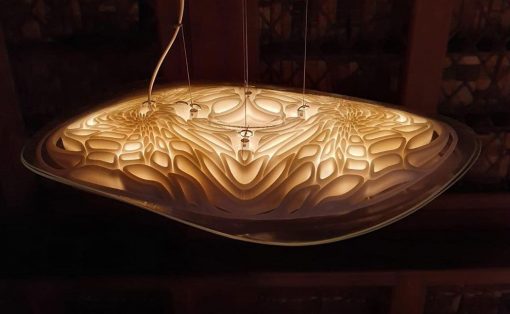Humans eat a lot of food that comes from plants and animals, but not all the parts of these living creatures are deemed edible or appetizing. These parts include internal organs, bones, and even skin, parts that get discarded and thrown out during processing. Unsurprisingly, this waste starts to pile up and cause harm to the planet, especially since there doesn’t seem to be any decrease in human appetite and consumption. Fortunately, some people have started to get smarter and use that human ingenuity to either help reduce food waste or use them for something completely different. In fact, some people have even discovered how beautiful this waste can be, such as these stunning tiles that would shock you to learn are made from ignored and discarded fish scales.
Designer: Erik de Laurens
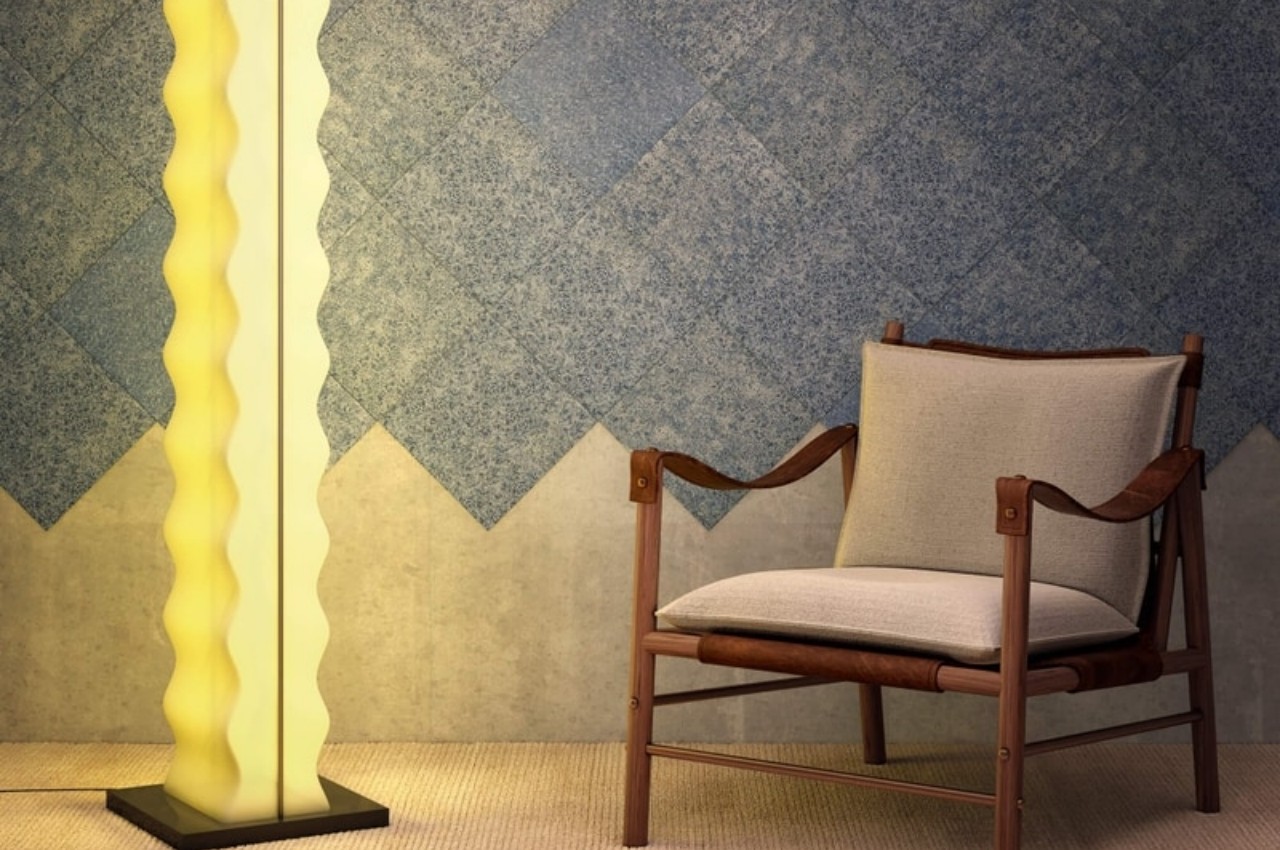
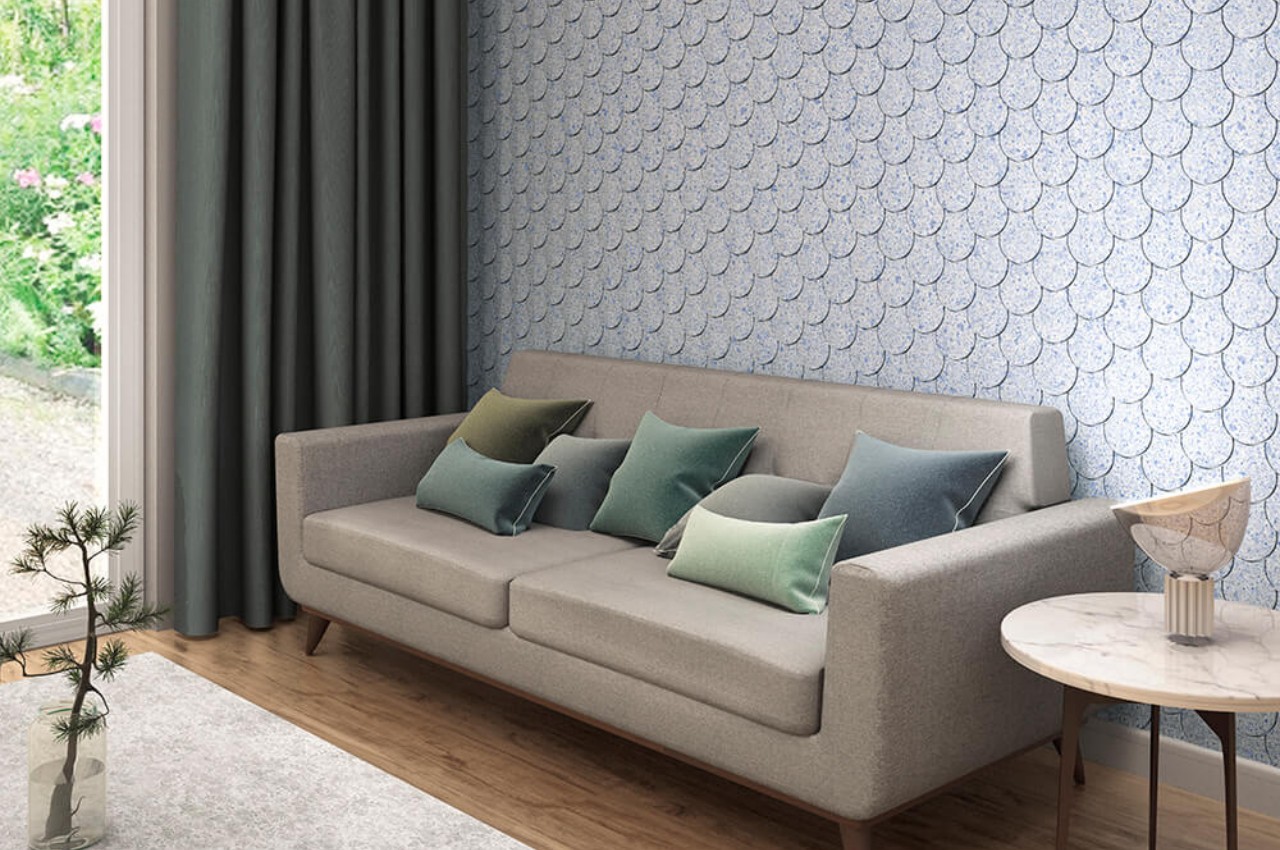
Animal skins have plenty of uses, some more wasteful than others. Some skin can be eaten, of course, but others are simply taken for their material value. Leather has always been a controversial material because of this, loved for its natural properties but criticized for its cruel source. Fortunately, there are now attempts to create more sustainable alternatives to leather that don’t involve harmful plastics either.
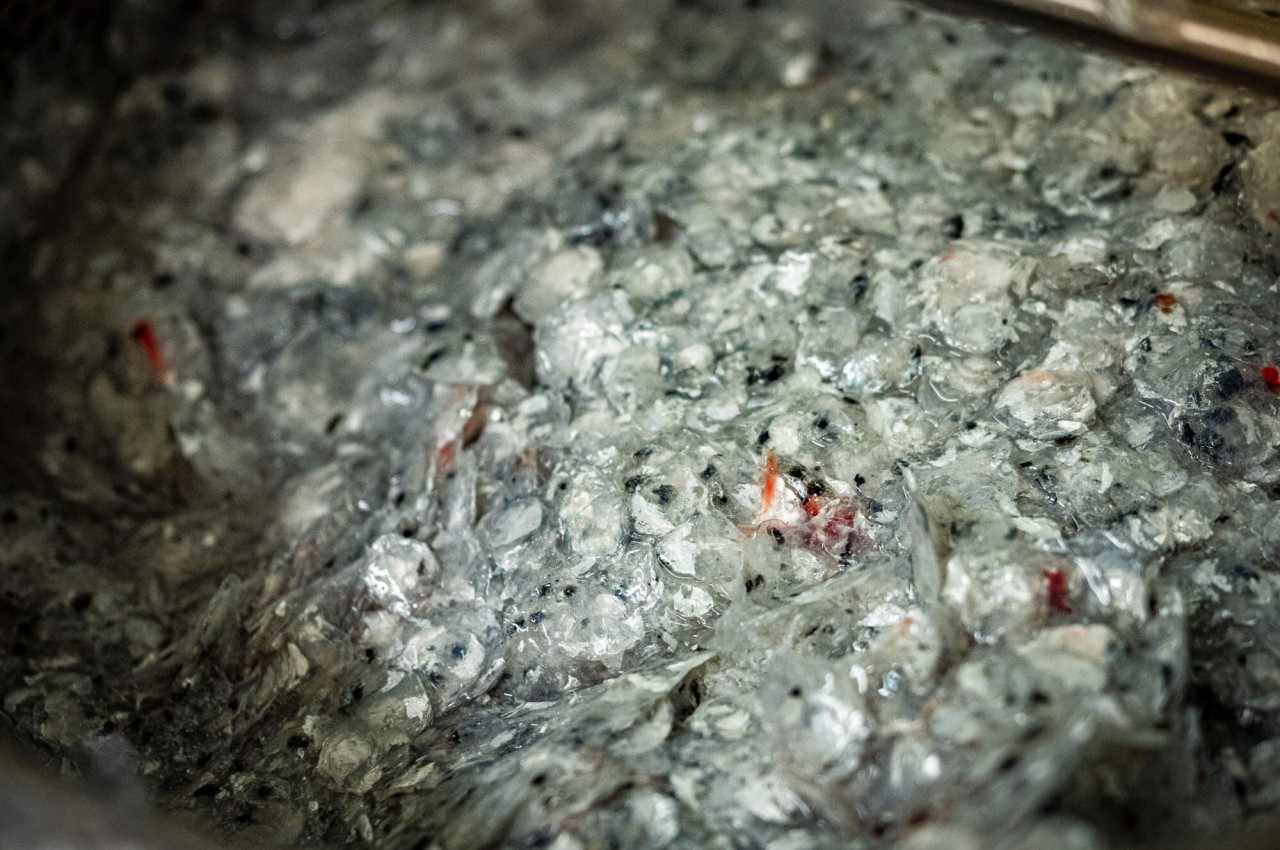
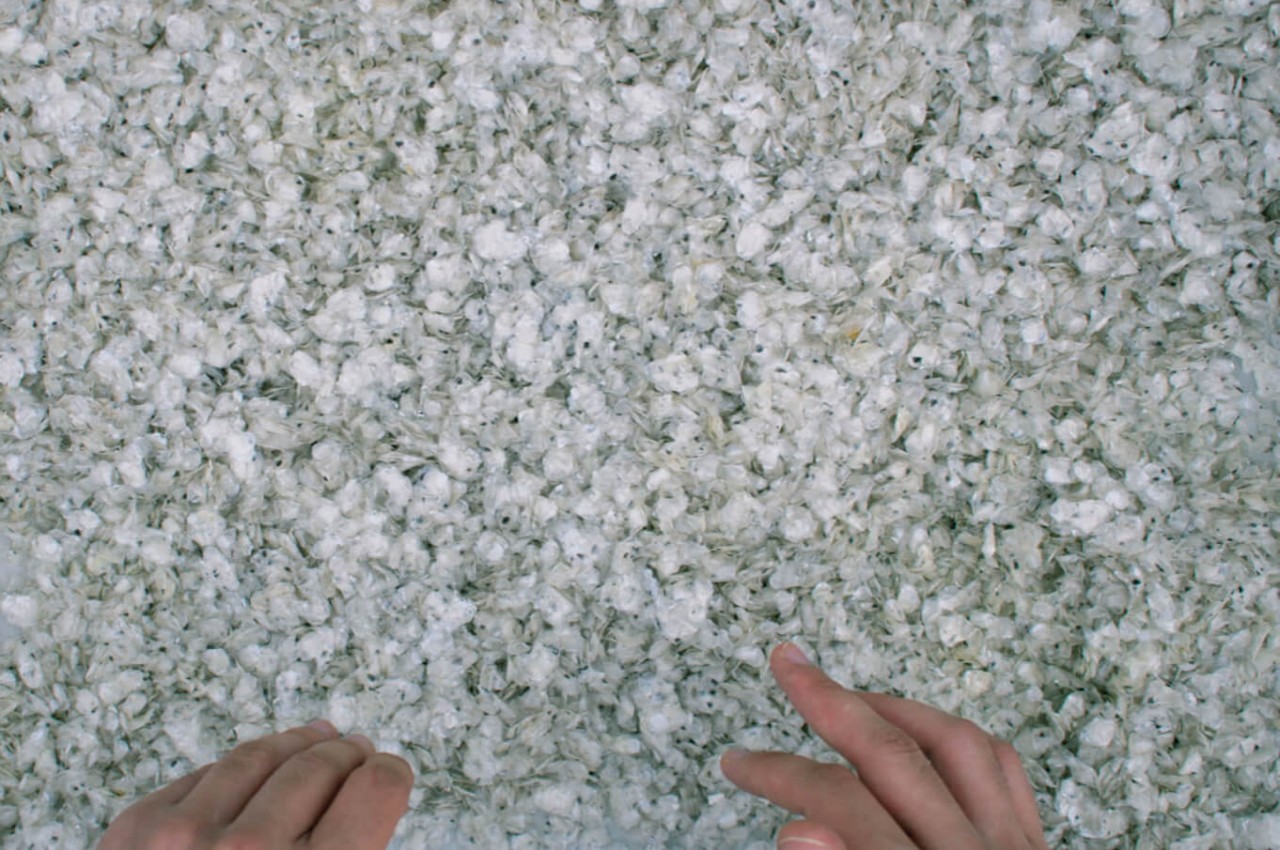
Fish scales, on the other hand, are simply discarded because they aren’t exactly edible. They are thrown out by both food and aquaculture industries and add to the growing amount of waste in our environment. It turns out, however, that these seemingly useless scales have the components that make them as hard as stone yet as beautiful as marble. And thus, Scalelite was born. Using a sustainable process and no harmful ingredients, Scalelite transforms wasted and ugly fish scales into beautiful materials that can cover walls or floors and even become parts of furniture.
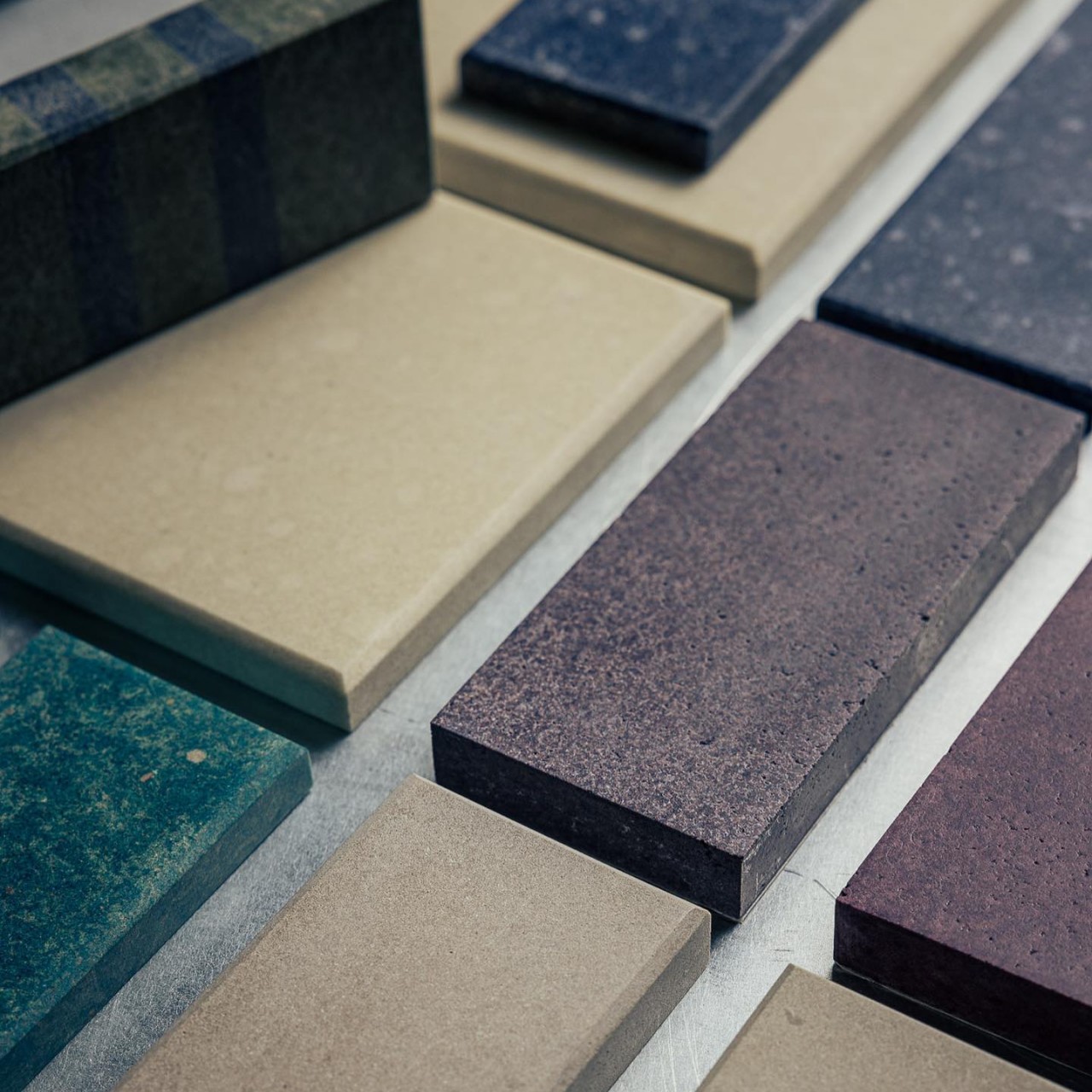
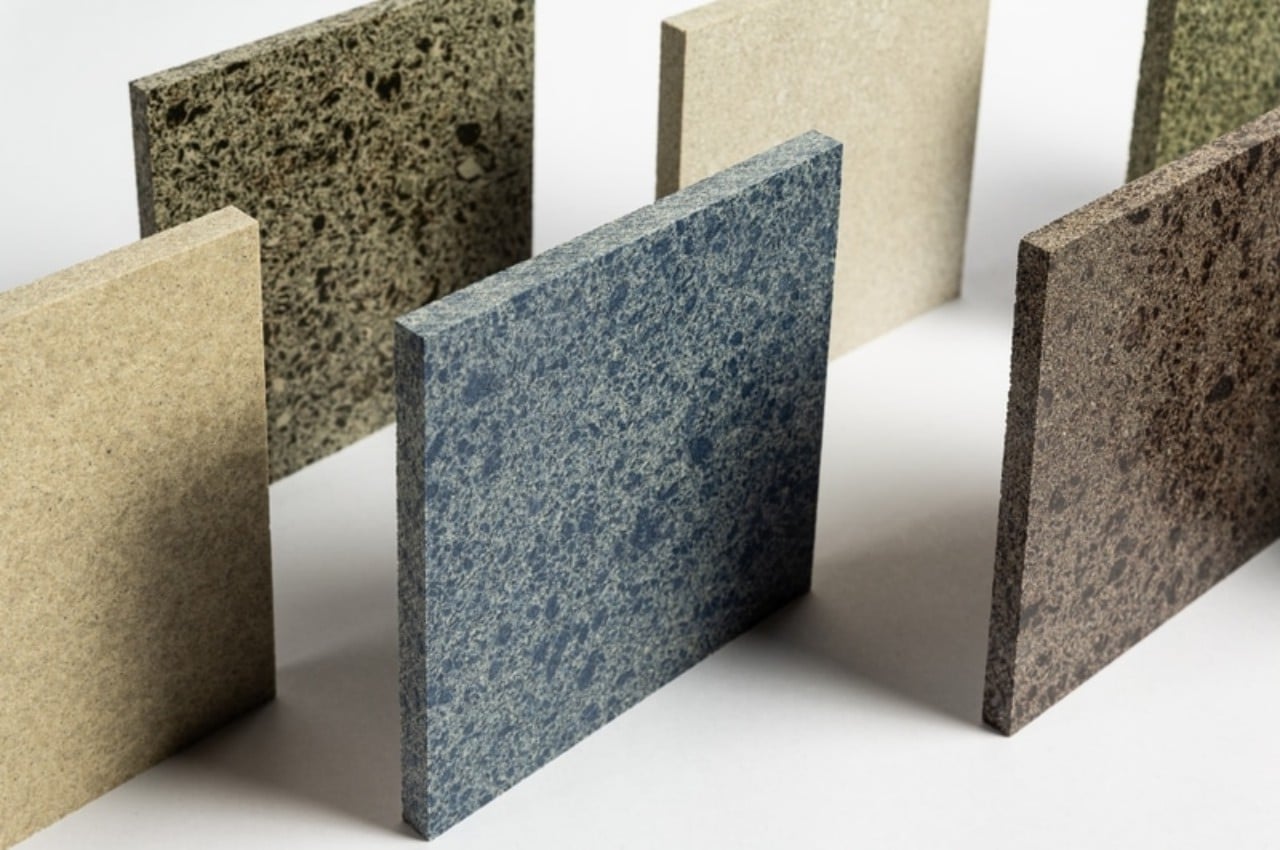
Scalelite also has other admirable properties beyond being 100% natural and attractive. It has natural fire resistance and is dirt-repellent, making it suitable for use in hospitality and retail applications. It’s easier to clean, too, even without using harmful detergents. And, of course, it’s completely recyclable, so you won’t have to fill guilty when you do have to throw the tiles away after probably decades of use.
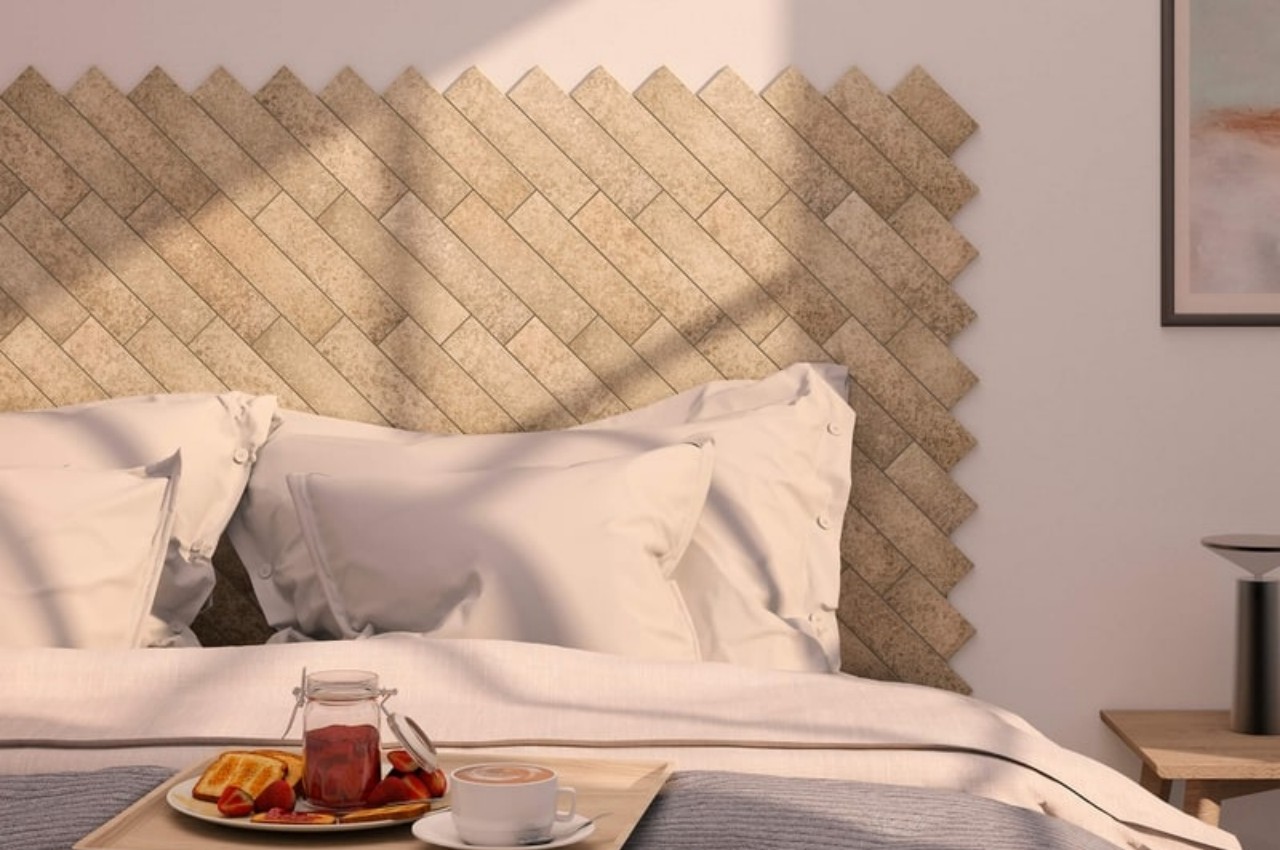
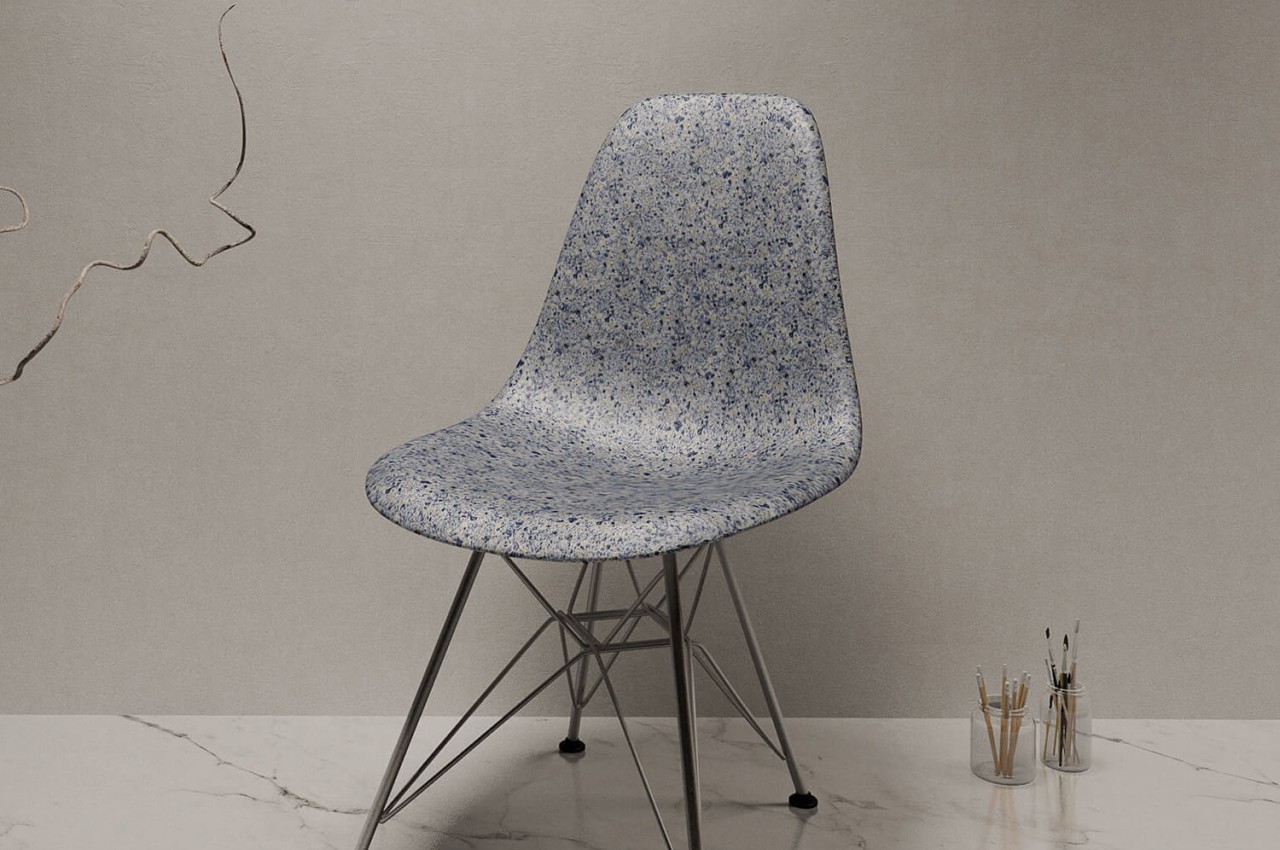
It’s definitely encouraging to see such efforts to salvage what most of us have considered garbage and turn them into something not only useful but actually appealing as well. It gives credence to the expression that one man’s trash might be another one’s treasure. Sadly, Scalelite is just a small fish in a gigantic industry trying to make a difference, and we need a lot more of these sustainable materials to stop the planet from hurting.
